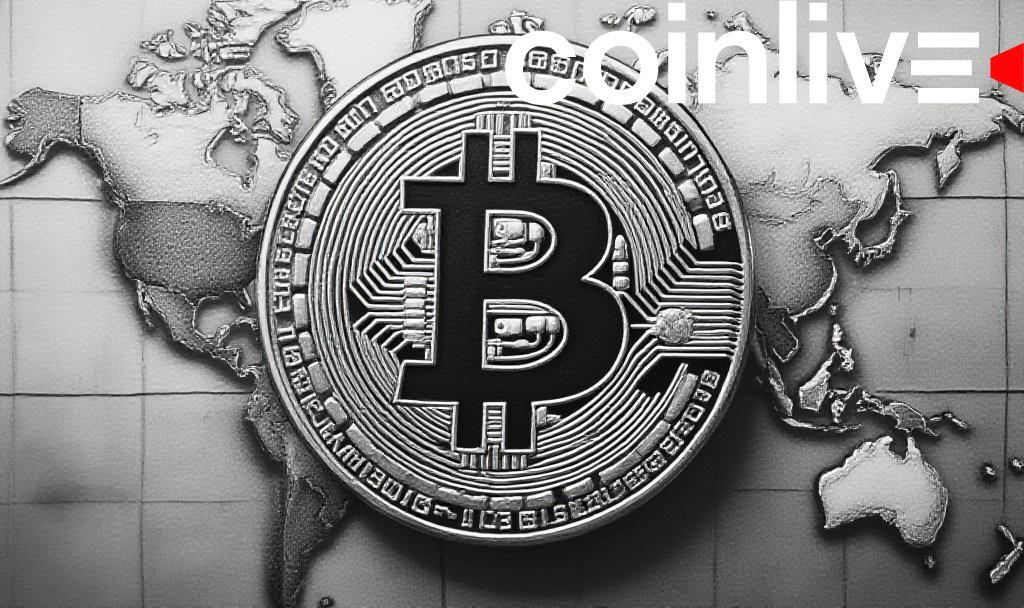- Bitcoin’s stability amid geopolitical tension shows market resilience.
- Institutional demand provided significant market support.
- No panic selling or systemic failures were noted.

Bitcoin’s response to the June 2025 geopolitical crisis highlights its growing role as a stable digital asset despite market turbulences and international conflicts.
The crypto market navigated through significant geopolitical turmoil involving the U.S., Iran, and Israel, centered on a U.S. military strike on Iranian nuclear facilities. Despite initial stress, Bitcoin’s market structure held, supported by institutional investments from entities like BlackRock.
Prominent players, including BlackRock, seized the moment, adding 12,000 BTC amid fear. This action from major institutional investors demonstrates a consistent commitment to Bitcoin as a reliable asset. Market dynamics showed stability without panic or liquidations.
Bitcoin’s market reaction was orderly, experiencing a temporary dip, but quickly rebounded. Institutional demand through ETFs proved strong, anchoring Bitcoin’s price levels and reducing volatility typically associated with geopolitical instabilities.
For 10 days in June, missiles flew and markets wobbled, but Bitcoin held its ground — not immune to war, but more stable than fear would suggest… The drawdown was orderly. No panic. No wipeout. And by the time the dust settled, Bitcoin had closed the week still above six figures at $100,760. The most severe military escalation in the region in years moved the asset just 1.27% in 24 hours. That is not a crisis. That is a market taking the news like it takes the weather. – Michael Tabone, Senior Economist
Historically, Bitcoin has rebounded from similar geopolitical stresses, demonstrating resilience akin to that during the [2022 Russia-Ukraine conflict](https://twitter.com/PeterSchiff/status/1936800007602213204).
This underscores its potential as a ‘digital gold’ amid crises.
Amid these conditions, Bitcoin continues to attract institutional interest, showing strong inflows even as prices fluctuate due to geopolitical events. This behavior aligns with Bitcoin’s role as a maturing asset in a macroeconomic context. Institutions remain active, empowering a robust stance against geopolitical challenges.







